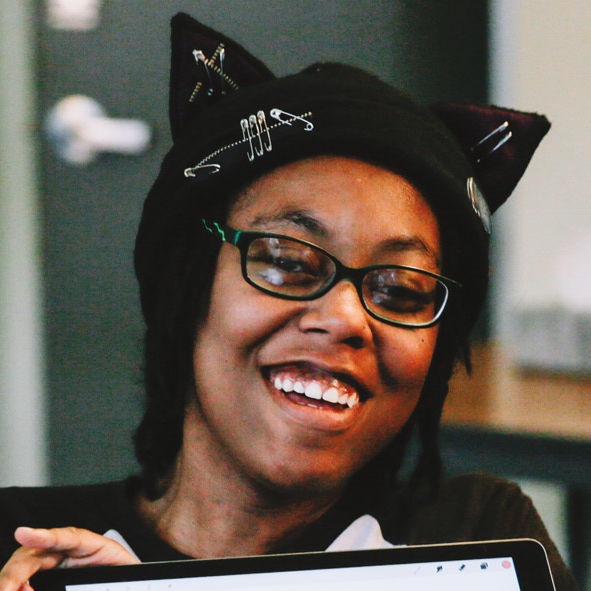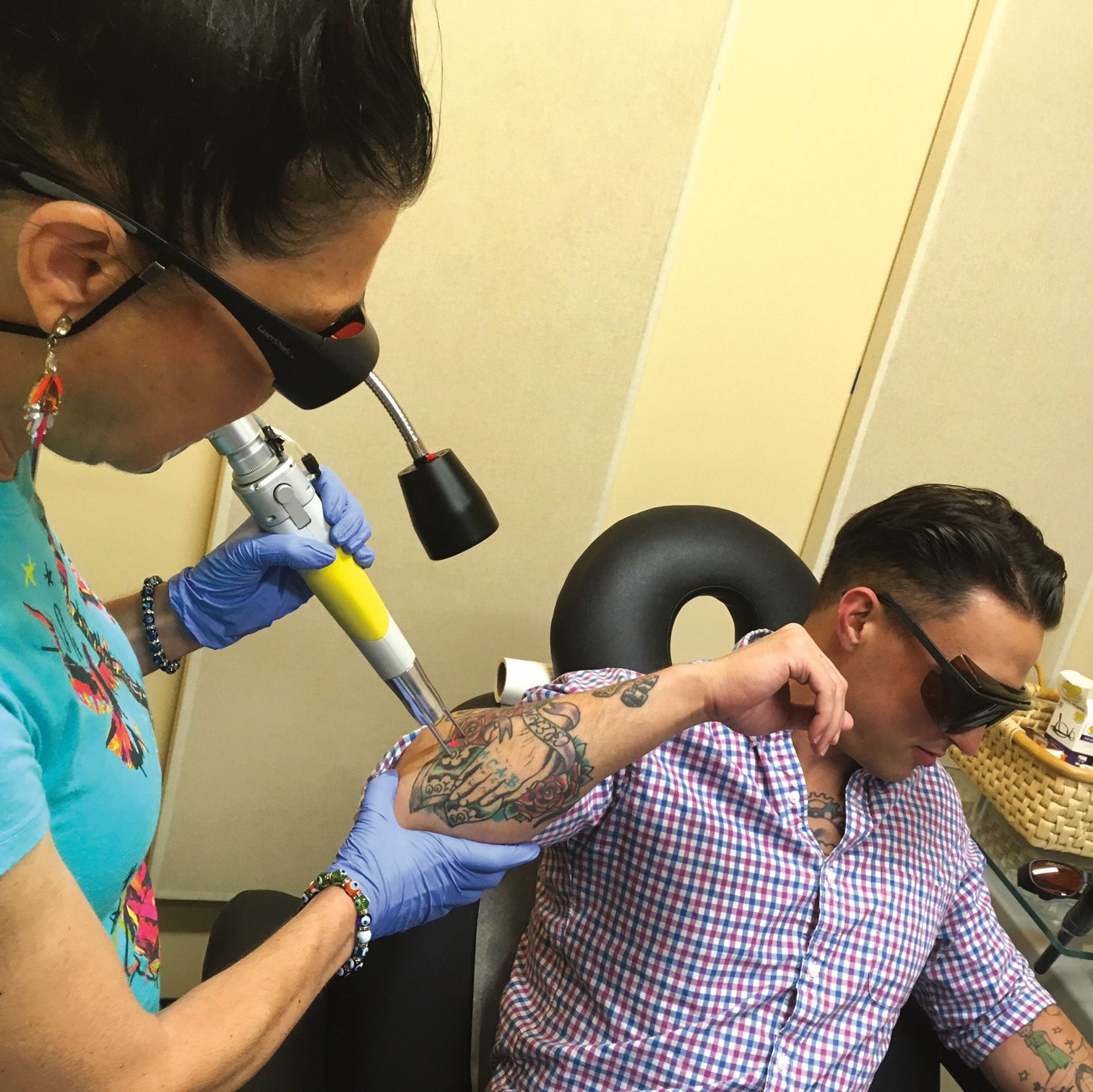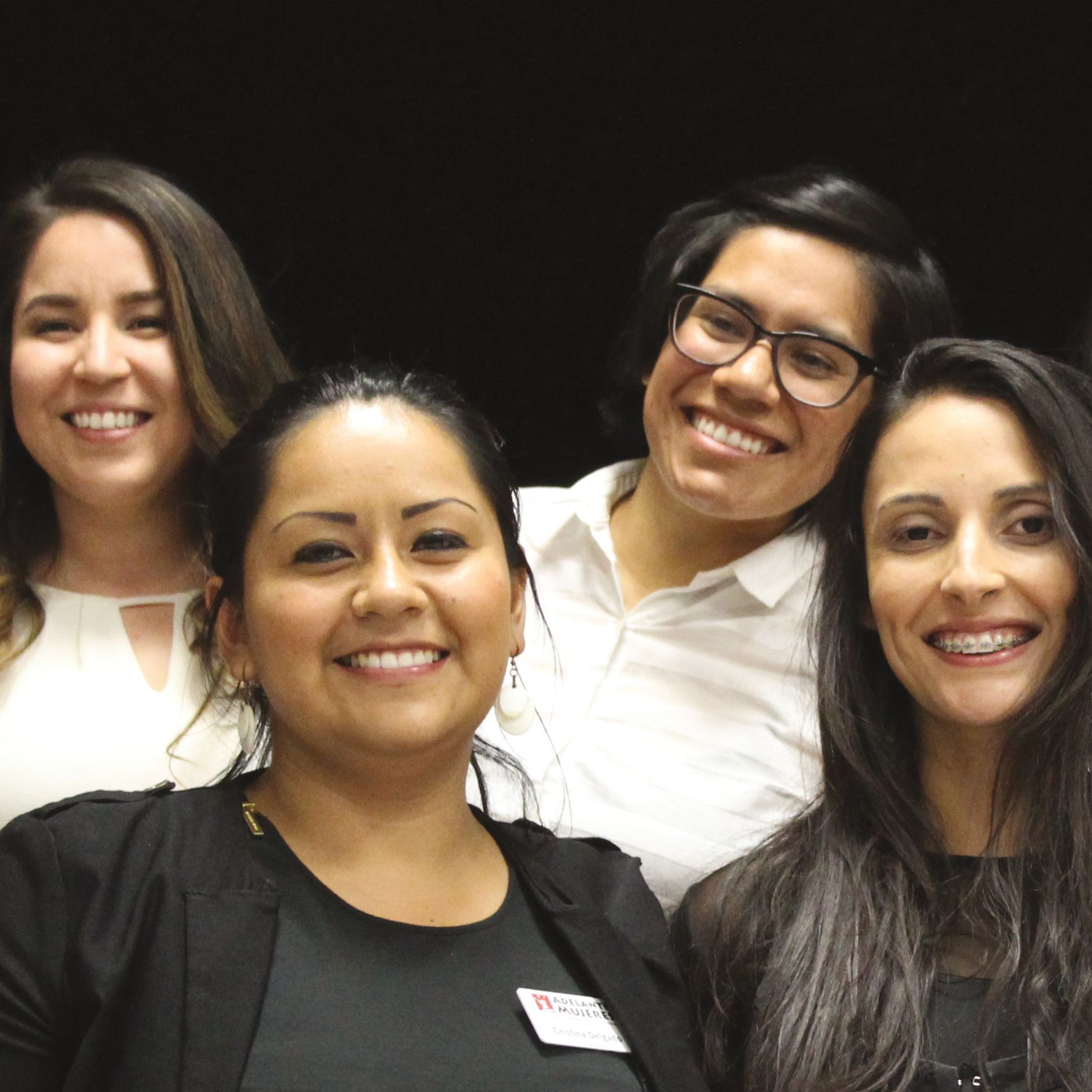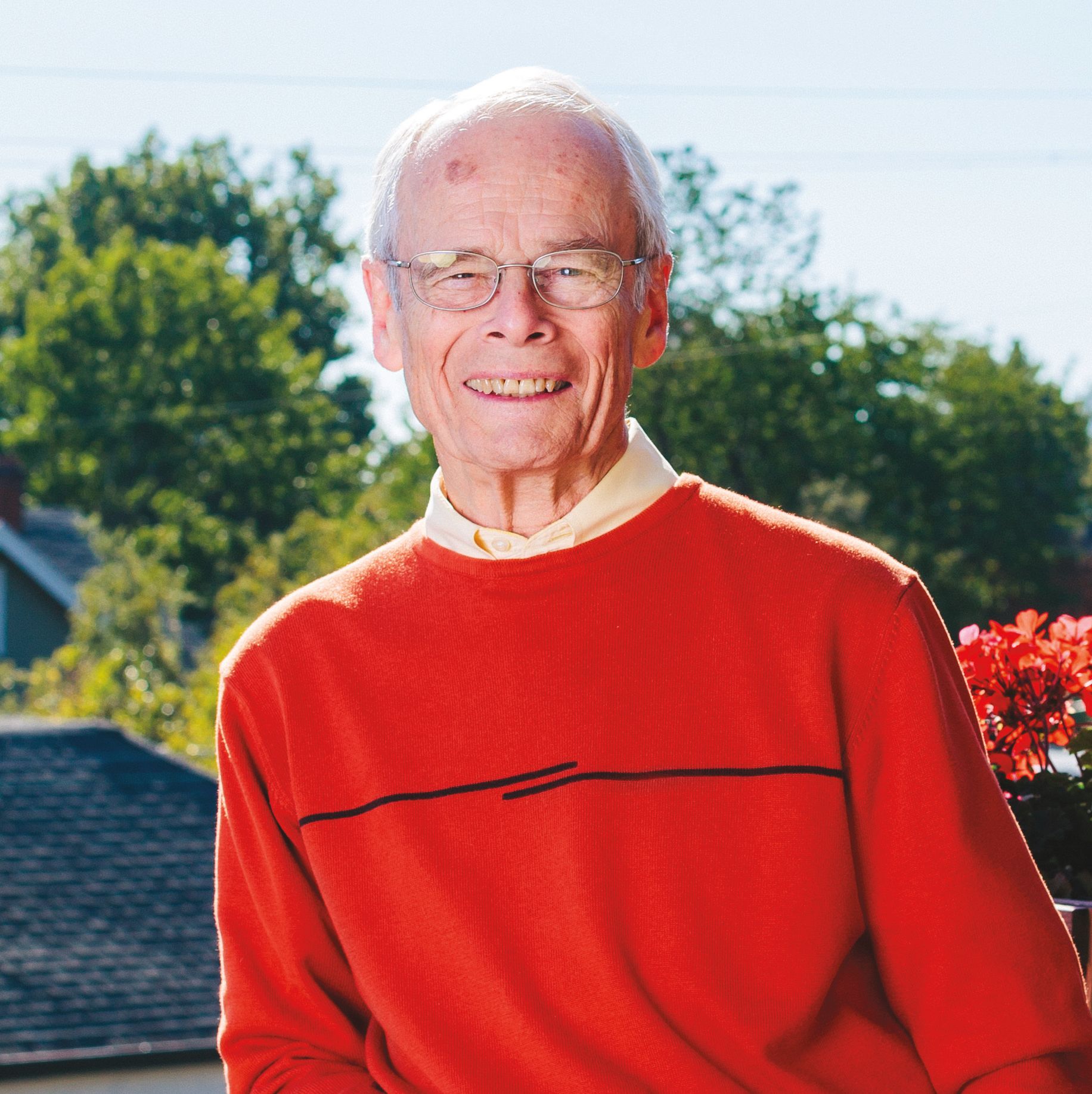Cascade AIDS Project Serves More Than 400 People Each Month
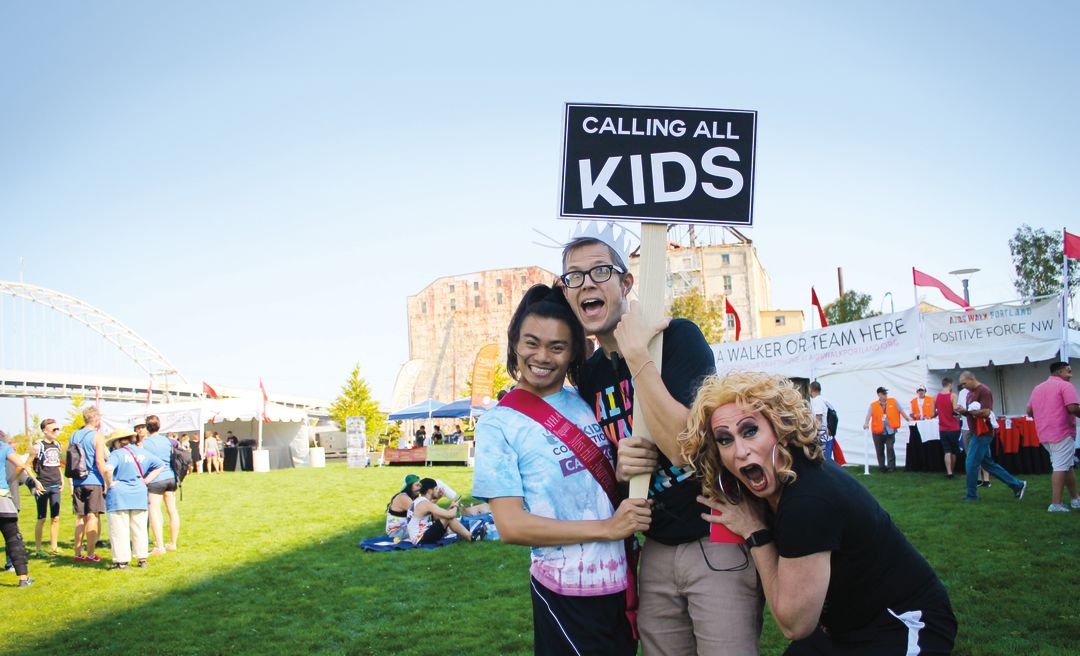
Participants in 2015’s AIDS Walk Portland
When Ryan DePauw landed in Portland in 2012, his HIV-positive status was only one of a host of issues he faced. Addicted to meth and alcohol, sometimes sleeping on the streets, and briefly jailed for possession and assaulting an officer while intoxicated, the gay California native says his life was “just chaos.” He hates to imagine where he would have ended up without Cascade AIDS Project.
“I think I would be dead. Or a crazy person on the street yelling at imaginary people,” DePauw says. “Now I’m clean and sober, in school, with a 4.0 GPA, and a great apartment that’s centrally located so I can get to doctors’ appointments. I couldn’t have done it without CAP.”
His story isn’t out of the ordinary: “For a number of years, HIV has been the smallest piece of the puzzle for our clients,” explains Tyler TerMeer, the executive director of CAP—Oregon and Southwest Washington’s largest, most robust resource for people living with HIV, more than half of whom are LGBTQ.
CAP was founded in 1983—when AIDS was still a death sentence and “Stonewall” a verb, not a national monument. Three decades later, CAP has blossomed into a 60-staffer juggernaut that serves more than 400 people each month—from providing HIV testing to housing and job placement (see sidebar), as well inspiring AIDS groups nationwide with its holistic thinking. Now, armed with studies that show that sexual minorities suffer from major health disparities beyond HIV, CAP has expanded its mission to improve LGBTQ health in general, while reminding Oregonians that HIV is still a real and serious threat.
Its biggest salvo in that fight is a new LGBTQ-focused, 8,467-square-foot health center. The first of its kind in the state and slated to open on SE Belmont Street early next year, the center aims to create a “safe, affirming, non-judgmental” space for gay and trans Portlanders, who can feel alienated by hospitals and doctors.
“As the epidemic has evolved, so has the organization,” says TerMeer. “We’re a role model for transformation.”
The Services: An Imaginary Visit to CAP
I’m HIV-positive, and ...
I need meds.
CAP’s Client Service Center is essentially a one-stop shop for care referrals, while staffers also help connect clients with insurance plans.
I just got kicked out of my apartment.
CAP case managers help clients jump “through a lot of hoops” to find short-term and long-term housing, as well as emergency rental assistance.
I need a job.
CAP’s employment assistance program, Bridges to Work, helps create skills, from getting a GED to finding job leads, and assists clients in navigating work life with HIV.
I need to talk to somebody who understands what I’m going through.
CAP hosts a gaggle of support groups for communities most affected by HIV, from people of color to trans individuals. The group also stages an annual HIV-positive and HIV-affected kids camp and other events.
I feel awkward or unwelcome at my doctor’s office.
CAP gets it: maybe the receptionist refuses to use your preferred pronoun, the nurse gives you judgy looks, or your doc is baffled by the protocol for trans Pap smears. CAP’s expanded mission is to remove barriers to quality health care for all LGBTQ patients—that means creating a safe, sensitive health center packed with pros trained to deal with the needs of sexual minorities, scheduled to open next year.



